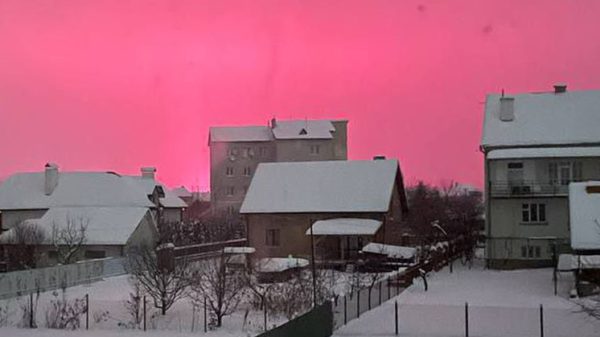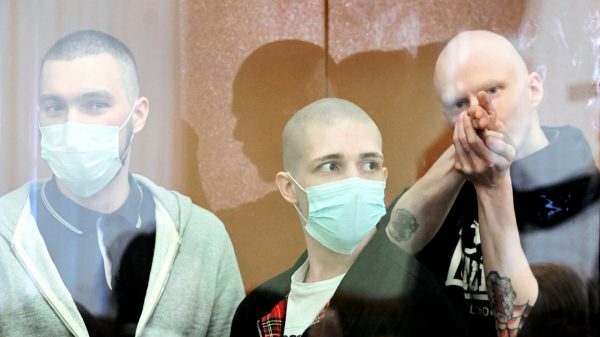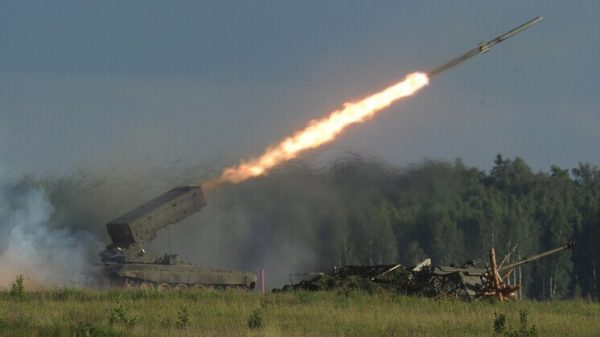 SAG-AFTRA actors and Writers Guild of America writers picket during the ongoing strike outside Netflix's Los Angeles offices. Photo: Reuters < p>Hollywood screenwriters have reached a “tentative” agreement with major studios. The agreement is expected to end one of two strikes that have halted much film and television production and cost California's economy billions of dollars.
SAG-AFTRA actors and Writers Guild of America writers picket during the ongoing strike outside Netflix's Los Angeles offices. Photo: Reuters < p>Hollywood screenwriters have reached a “tentative” agreement with major studios. The agreement is expected to end one of two strikes that have halted much film and television production and cost California's economy billions of dollars.
Three-year term The contract must be approved by WGA members before it goes into effect. , which represents 11,500 film and television writers.
In a brief statement Sunday, the WGA said the agreement «was made possible by the enduring solidarity of WGA members and the extraordinary support of our union brothers and sisters who joined us on the picket lines for more than 146 days.»
WGA Settlement Agreement, while a major milestone, it won't get Hollywood back to work. The actors' union SAG-AFTRA continues to strike.
The writers quit on May 2 after negotiations stalled over compensation, minimum staffing of writers' rooms, the use of artificial intelligence and the balances that reward them. authors of popular streaming shows, among others.
 Neil Brown Jr., Shea Whigham and Colin Farrell in support of the SAG-AFTRA strike and W.G.A. Photo: Hollywood To You/Star Max
Neil Brown Jr., Shea Whigham and Colin Farrell in support of the SAG-AFTRA strike and W.G.A. Photo: Hollywood To You/Star Max
The Motion Picture and Television Producers Alliance, a trade group representing Walt Disney, Netflix, Warner Bros Discovery and other major studios, did not immediately respond to a request for comment.
Strikes halt production
Twin strikes in Hollywood have halted production on films and TV series and forced repeats of late-night talk shows.
Efforts to revive daytime talk shows without creators, such as “The Drew Barrymore Show,” failed this month amid criticism from striking writers and actors.
The picket lines received protests rhetoric of class struggle. Writers have criticized the pay of media executives and said working conditions prevent them from earning a middle-class living.
Leaders escalated tensions at times. Disney CEO Bob Iger, fresh from a contract extension that offered an annual bonus of five times his base salary, criticized striking writers and actors as their demands being «simply unrealistic.»
Mr. Iger spoke out afterwards with criticism, a conciliatory note in which he expresses his “deep respect” for creative professionals.
 Actor Jane Fonda appears at a picket outside Netflix Studios Photo: Richard Shotwell
Actor Jane Fonda appears at a picket outside Netflix Studios Photo: Richard Shotwell
The shutdowns have negatively impacted camera operators, carpenters, production assistants and other crew members, as well as caterers, florists, costume suppliers and other small businesses. supporting film and television production.
The economic cost, estimated by Milken Institute economist Kevin Clouden, is expected to total at least $5 billion in California and other U.S. manufacturing centers of New Mexico, Georgia and New York.
Four top executives industry leaders — Mr Iger, Warner Bros Discovery Chief Executive David Zaslav, Netflix co-CEO Ted Sarandos and NBCUniversal Studio Group Chairman Donna Langley — joined the talks this week, helping break a months-long impasse.
As with past writers' strikes, this action is a response to Hollywood benefiting from a new form of distribution and writers eager to share in the newfound revenue. The 100-day strike of 2007–08 was aimed in part at extending the guilds' protections to «new media,» including films and television shows, and content delivered through advertising-supported Internet services.
 Jack Black outside Paramount Studios Photo: Chris Pizzello
Jack Black outside Paramount Studios Photo: Chris Pizzello
This time, the central issue is residual payments for streaming services, which the authors write about. This represents only a portion of the compensation they will receive for broadcasting the TV show.
Writers also sought to limit the role of AI in the creative process. Some feared that studio executives would hand the AI-generated script to a screenwriter for revision and pay the screenwriter at a lower rate to rewrite or revise it. Others have expressed concerns about intellectual property theft if existing scripts are used to train artificial intelligence.
Reuters reported that Disney has created a task force to study artificial intelligence and how it could be applied at the entertainment conglomerate, signaling about its importance.
Even as studio executives celebrated the end of the longest writers' strike since 1988, this is only half the labor battle. Studios still have to find a way to get actors back to work.
SAG-AFTRA, which represents 160,000 film and television actors, stunt performers, voice over artists and other media professionals, walked off the job in July for the first time in 63 Hollywood is facing a simultaneous strike from two unions.
The issues include a minimum wage for artists, protections against artificial intelligence replacing human performances, and compensation that reflects the value actors bring to streaming services.


























































Свежие комментарии